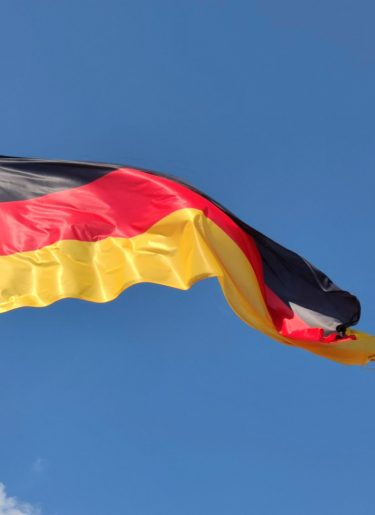
With inflation being at 4% by the beginning of this year, a current estimate is for double digits by summer and a decline in GOP of up to 3%, all due to the supply chain disturbance caused by Covid and the recent war in Ukraine. Ukraine was not only a main food and oil producer, but also an integral part of the German car production supply chain. Just this week, the German government had to issue a level 1 warning for gas supplies, alerting households and industry to immediate shortages, but mainly in the German chemical industry.
The German unions had initially planned for quite extensive wage demands (up to 7.5%) in order to cope with recent inflation. Recent union deals, mainly in the metal workers industry, landed at 2.2 to 2.5% in January and February. However, in light of the immense increases in energy prices heavily affecting the chemical plants in Ludwigshafen (BASF) and Leverkusen (Bayer), the chemical workers union (IGBCE) has just conceded that despite all the inflation, a zero increase is more realistic.
This already shows the immense insecurity that is being caused by recent global events. The closing of Shanghai harbour would put further stress on the supply chain. If a ‘war on gas’ were to start, the German chemical industry would have to close down its operations, with an immediate effect on the car and car supply industry.
In all current labour negotiations, price adaptation clauses and crash and renegotiation clauses will be widely accepted and most union and works council deals will be time limited to this year, or the next 18 months, maximum. In addition, any site or employment guarantees otherwise customary in restructuring deals will be barely defensible in the current circumstances.


